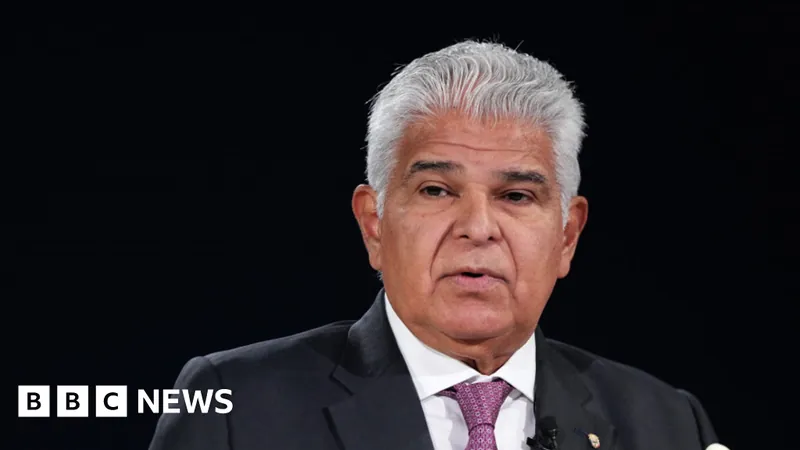
Trump’s Controversial Claims to the Panama Canal Draw Firm Rejection from Panama’s President
2025-01-21
Author: Jacob
Trump’s Controversial Claims to the Panama Canal
In a bold and controversial statement, former President Donald Trump proposed the idea of "taking back" the Panama Canal, a strategic waterway that has been under Panamanian control since 1999. In response, Panama's President, Jose Raul Mulino, emphatically rejected Trump's plans, asserting that the canal "is and will remain" firmly in the hands of Panama.
Trump's Allegations Against Panama and China
During his inaugural speech, Trump alleged that Panama had failed to uphold its neutrality regarding the canal and claimed that "China is operating the Panama Canal." These statements sent shockwaves through both political and diplomatic circles. President Mulino quickly responded, dismissing Trump's assertions as unfounded, insisting that "no nation in the world interferes with our administration."
The Importance of the Panama Canal
The Panama Canal is crucial for international trade, with approximately 40% of U.S. container ships navigating this vital route between the Atlantic and Pacific Oceans. Initially constructed by the United States in the early 20th century, the canal's governance was handed over to Panama following a treaty signed by President Jimmy Carter in 1977, aimed at restoring Panamanian sovereignty over the waterway.
Trump's Critique of the 1977 Treaty
In his address, Trump referred to the treaty as "a big mistake," suggesting that American ships are being unfairly treated and overcharged. He remarked, "And above all, China is operating the Panama Canal, and we didn't give it to China, we gave it to Panama, and we're taking it back." This rhetoric echoes broader concerns among certain U.S. lawmakers regarding Chinese influence in global trade operations.
Panama's Response and Historical Context
As President Mulino pointed out on social media, the canal was not merely a concession but rather the outcome of decades of struggle culminating in its full control by Panama in 1999. The terms of the treaty stipulate that the canal must remain neutral and accessible to vessels of all nations, a commitment that has been upheld since its transition.
Geopolitical Implications
The geopolitical implications of Trump's claims were notably underscored at a Senate confirmation hearing for Marco Rubio, where the nominee for Secretary of State expressed concerns about foreign control over the canal. He highlighted the potential security risks involved if operations were to be compromised in times of conflict.
Trump's Broader Expansionist Philosophy
In addition to his remarks about the Panama Canal, Trump has attracted attention for previous comments regarding acquiring Greenland from Denmark, a notion that was swiftly rejected by the Danish government. While Greenland was not mentioned in his latest speech, Trump's vision for a "growing nation" seems aligned with a broader, expansionist philosophy.
Ongoing Tension in International Relations
As discussions around the Panama Canal continue, the tension between U.S. perspectives and Panamanian sovereignty remains a critical narrative in international relations. Trump’s provocative remarks signal an ongoing debate about national interests, trade, and territorial rights that could reverberate across diplomatic channels for years to come.

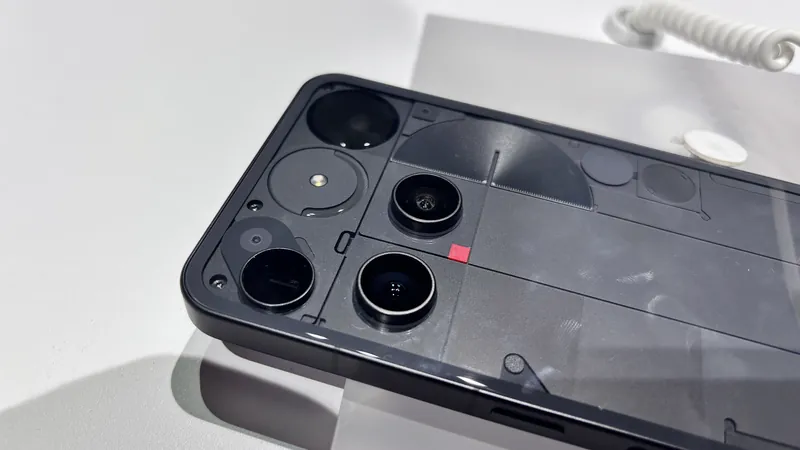
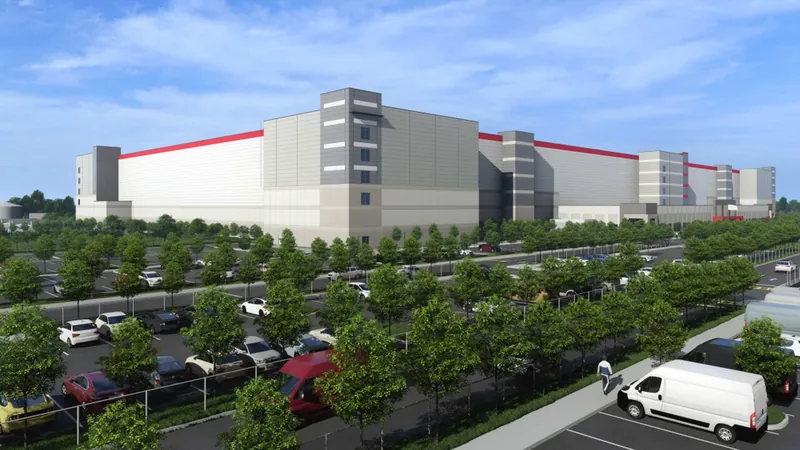

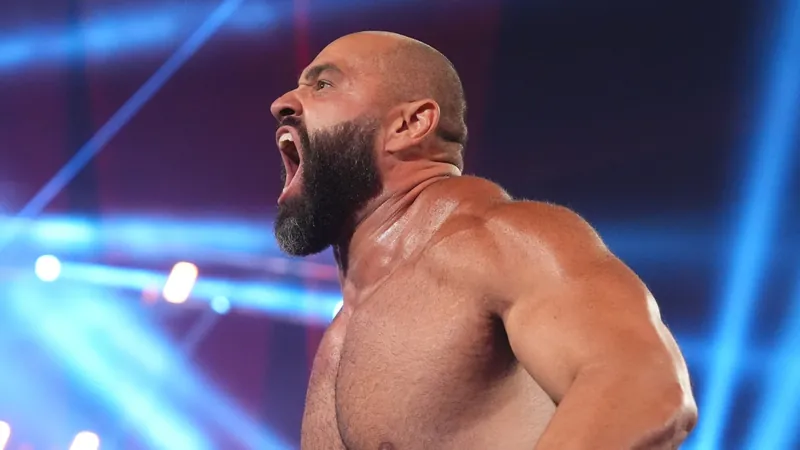
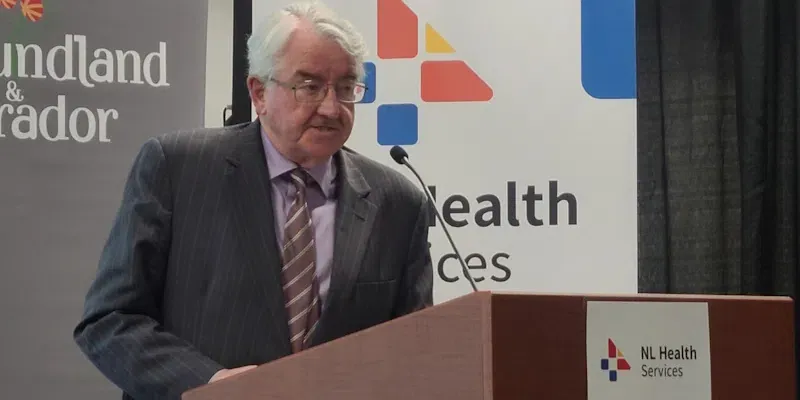


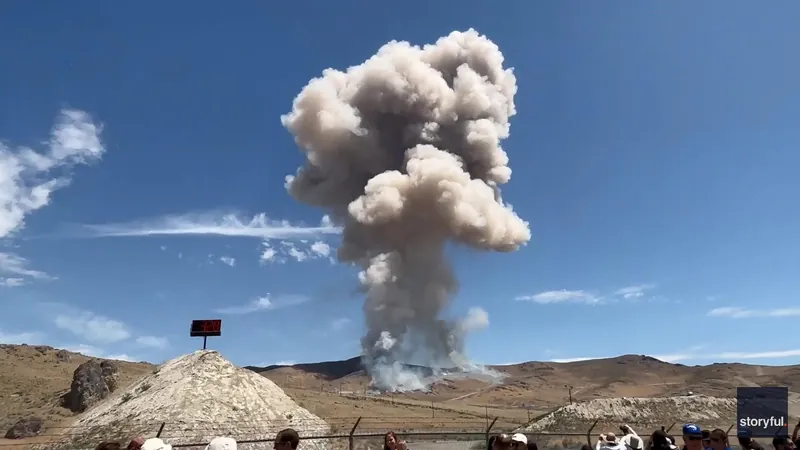
 Brasil (PT)
Brasil (PT)
 Canada (EN)
Canada (EN)
 Chile (ES)
Chile (ES)
 Česko (CS)
Česko (CS)
 대한민국 (KO)
대한민국 (KO)
 España (ES)
España (ES)
 France (FR)
France (FR)
 Hong Kong (EN)
Hong Kong (EN)
 Italia (IT)
Italia (IT)
 日本 (JA)
日本 (JA)
 Magyarország (HU)
Magyarország (HU)
 Norge (NO)
Norge (NO)
 Polska (PL)
Polska (PL)
 Schweiz (DE)
Schweiz (DE)
 Singapore (EN)
Singapore (EN)
 Sverige (SV)
Sverige (SV)
 Suomi (FI)
Suomi (FI)
 Türkiye (TR)
Türkiye (TR)
 الإمارات العربية المتحدة (AR)
الإمارات العربية المتحدة (AR)